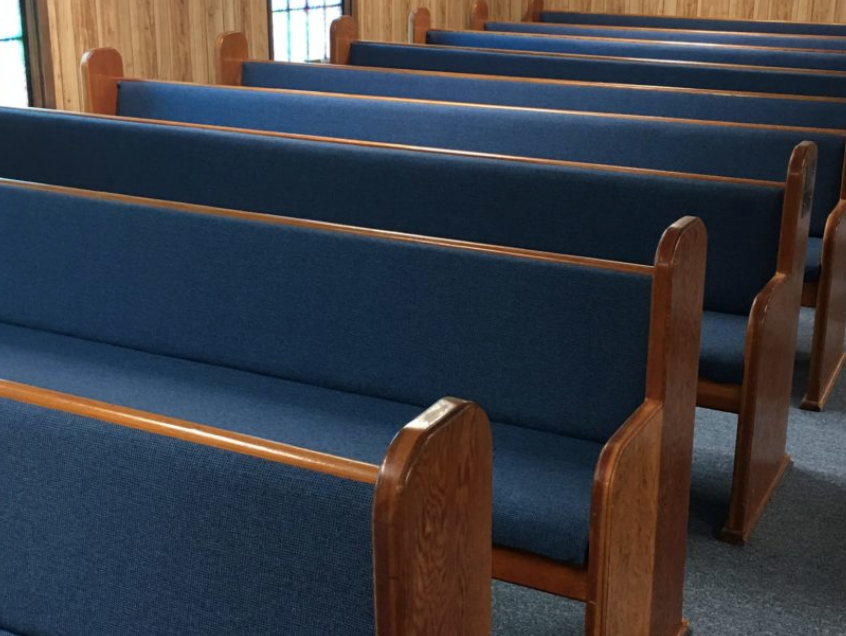Hey, religion-beat professionals and news consumers.
I know that it’s hard, right now, but try to ignore the whole “Barbenheimer” phenomenon. That tsunami is really a business-beat story — as Disney and Hollywood hang on for dear life (post-Snow White 2024) in a bitterly divided America.
I am talking about #BarbAslan.
Let’s start here, with the double-decker headline on this totally haunted little story at Entertainment Weekly:
Greta Gerwig says she's 'properly scared' about directing new Chronicles of Narnia movies
The filmmaker is going from Barbie Land to meeting Aslan.
OK, why is she “scared”?
Well, it is a big franchise and the financial risk to Netflix will be substantial. And then there is the fact that Narnia believers rank right up there with Lord of the Rings fans, when it comes to long attention spans and a fierce dedication to sweating the details.
What kind of details? Well, consider this headline from The Guardian, during an earlier Chronicles of Narnia media storm: “Narnia represents everything that is most hateful about religion.”
Thus, how does the EW story handle the obvious Christian images and themes in Narnia, when writing about Gerwig — Barbie, Little Women, Lady Bird — guiding the latest video version of these classics by C.S. Lewis? Think of it this way: What would Screwtape say?
That’s easy. The editors totally ignored it. Here is the overture:
Greta Gerwig is sharing her nerves about leading the charge on a new series of Chronicles of Narnia movies.
The Barbie director has been tapped to write and direct at least two films for Netflix based on the beloved C.S. Lewis novels, and she admitted during a recent podcast appearance that she's "terrified" to start developing them.










